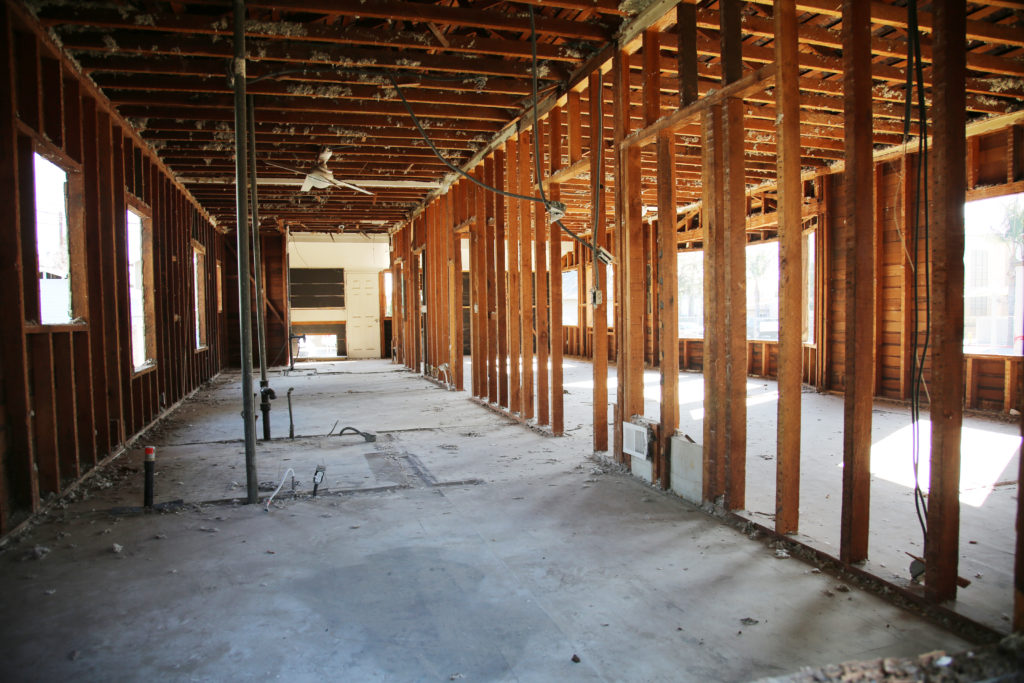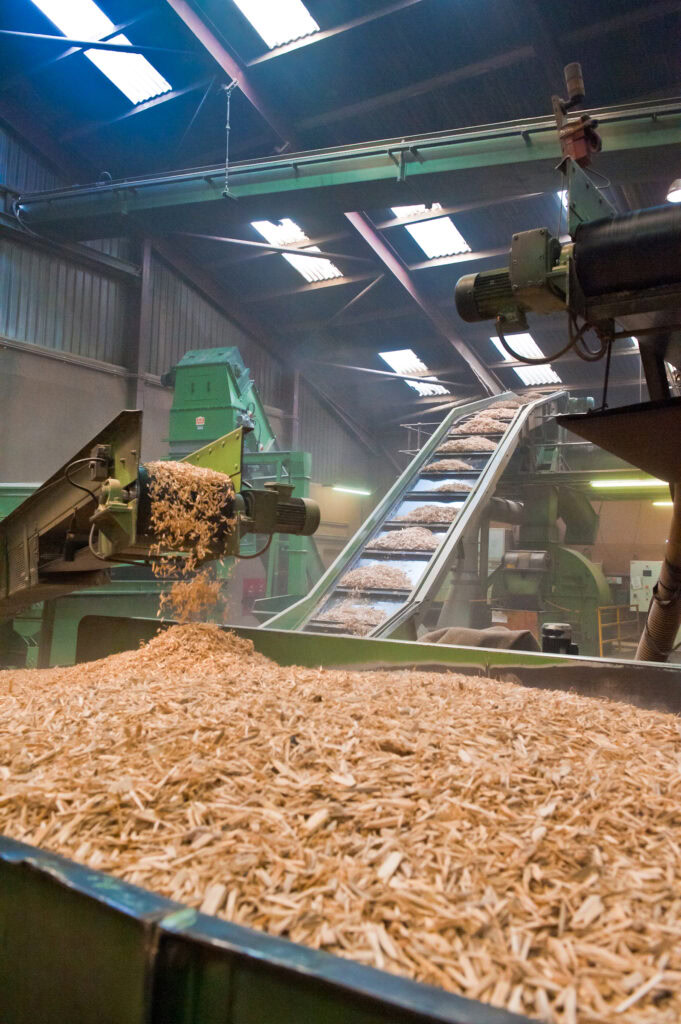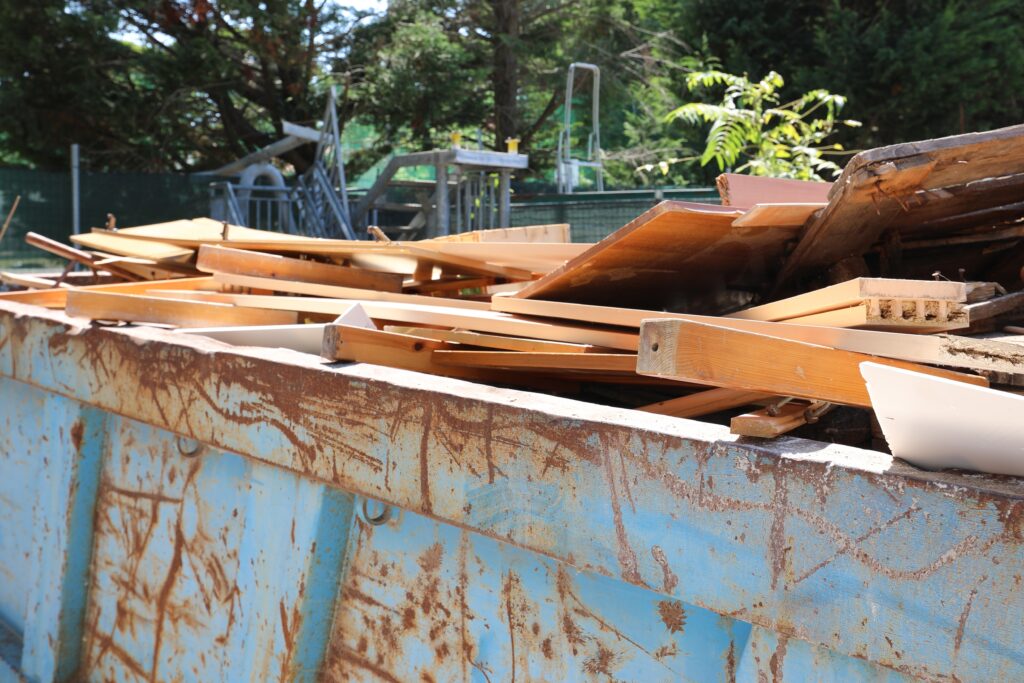The National Federation of Demolition Contractors (NFDC) has reissued advice to its members to carry out testing on waste wood from demolition projects to avoid misclassification of the waste.
The potentially hazardous items which need further testing are structural timbers, external joinery and tiling battens from pre-2007 buildings.
These have to be segregated, tested and consigned by demolition contractors under the new regulatory position statement, RPS250. If skip operators and transfer stations are unable to segregate, they can consign the whole load as hazardous, but should give an estimated percentage of the potentially hazardous items contained in that load.
‘Implore’
NFDC chair Howard Button said: “Following a recent meeting with the Environment Agency, the NFDC implore you to carry out testing on your waste wood to identify whether it is hazardous.
“Misclassifying hazardous waste wood is illegal. Classifying all wood as hazardous is costly. We need you to sample and test your wood so we can understand what is hazardous and what is not.”
Classification
The reminder follows the publication of two sets of Waste Wood Assessment Guidance produced by the NFDC and the Wood Recyclers’ Association (WRA) in September.
These aimed to help members follow the correct procedures when handling waste wood following the four-year-long Waste Wood Classification Project.
The guidance documents were produced in response to the Environment Agency publishing two new regulatory position statements; one for waste wood coming from household waste recycling centres (RPS 249) and one for waste wood coming from demolition sites (RPS250).
This has meant that HWRCs are able to carry on operating as normal, with no additional administrative costs, while the WRA continues to test fence posts and decking over the next two years.
However, without more contractors submitting material for testing, the risk of it all becoming hazardous rises when the RPS ends in 2023.
Guidance in Scotland and Wales does not have this requirement, but they are pending the results of testing being carried out.










Subscribe for free